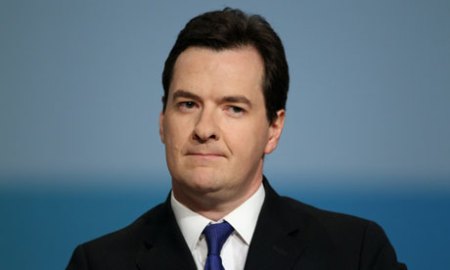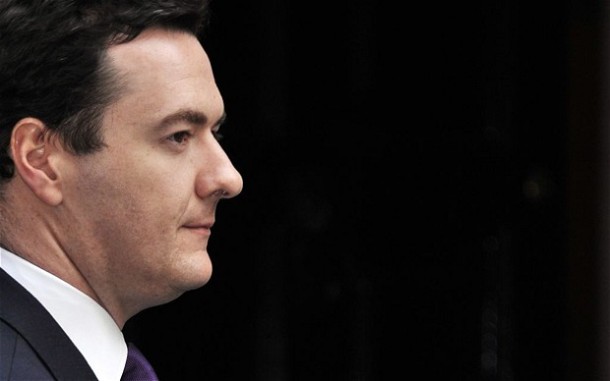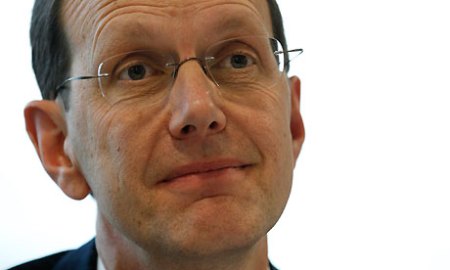You might have seen the word Tax sprinkled across a few headlines in the past few days, given George Osborne’s (Chancellor) reshaping of the system – but what exactly are they? Well, without wanting to send you to sleep, we’ll make it snappy: they’re basically the government’s way of raising money to pay for public services and these can be anything from education, health, defence to emergency services.
You might have heard your parents talking in a foreign tax-related language, but it’s really not too difficult to understand (you’ll soon be fluent too, trust me). For starters, here’s what you need to know about the main types of taxes in the UK:
- Income Tax: you will pay this on the money you earn in employment and there are different bands depending on how much you earn.
- National Insurance Contributions: these were originally introduced in 1948 to provide funds for welfare benefits – NICS (in tax lingo) are what the government raises sneakily while promising not to raise income tax.
- VAT (Value Added Tax): This is a tax on goods and services exchanged in business transactions, paid for by the consumer (i.e. you as the buyer). It now stands at 20% (whereas previously, it was 17.5% and in 2009, Chancellor Alistair Darling reduced it to 15% in a bid to boost the economy).
- Council Tax: This contributes to local government revenue, helping to pay for things like rubbish collection and recycling services, etc. How much you pay will depend on where you live, the type of property you live in and who else you live with.
- Business Rates: the business equivalent of Council Tax.
- Excise Duties: taxes levied on alcohol, tobacco and other things such as petrol (sometimes called ‘vice taxes’).
- Corporation Tax: taxes on the annual profits that companies make.
- Other taxes: these include road tax, the TV licence, etc, etc.
See, it’s simple isn’t it? There’s no excuse next time you hear your parents discussing their road tax, to not chip in with your impressive knowledge of the range of taxes levied in the United Kingdom. What’s more, is that taxes have hit the headlines in the past few days for the dramatic changes proposed by George Osborne.
Osborne is cutting the tax rate for earnings over £150,000. He is also going to raise the threshold at which people start paying tax to £9,205 (leaving millions of working people much better off)! Others might not be as lucky; 4.4 million pensioners will be worse off next year when age-related tax allowances are frozen and cut completely.
The key measures outlined by Mr Osborne were as follows:
- Corporation tax to fall from 26% to 24% in April 2012, down to 22% in 2014
- New 7% stamp duty rate for properties worth more than £2m and a 15% rate for £2m homes bought through companies
- Child benefit cuts to be phased in for families with at least one parent earning £50,000, and axed for those on £60,000
- UK growth forecast raised slightly to 0.8% and borrowing to be £1bn less than previously forecast
- Tobacco duties to rise by 5% above inflation from 1800 GMT – equivalent to 37p on the price of a packet of cigarettes.
- Fuel duty rise of 3p a litre to go ahead as planned
- State pension age to be automatically reviewed, to ensure it keeps pace with life expectancy.
- VAT loopholes – from hot food bought in supermarkets to static caravans and sports nutrition drinks – to be closed.
Delivering his third Budget, he said: “This Budget supports working families and helps those looking for work…It unashamedly backs business. And it is on the side of aspiration: those who want to do better for themselves and for their families.”
Mr Osborne said the Budget “rewards work” but Labour Leader Ed Miliband labelled it a “millionaire’s Budget”. Others suggest that the chancellor has taken a big risk with changes that might not benefit the economy and take a serious toll on politics in the future.
John Cridland, director general of the Confederation of British Industry, said: “Family budgets have been under great pressure, and by putting more money in the pockets of ordinary people, the chancellor has provided a much-needed confidence boost.”
It’s definitely a divisive issue, but it’s now one you can discuss with your parents at dinner. Surprise them with your lingo, go on…



